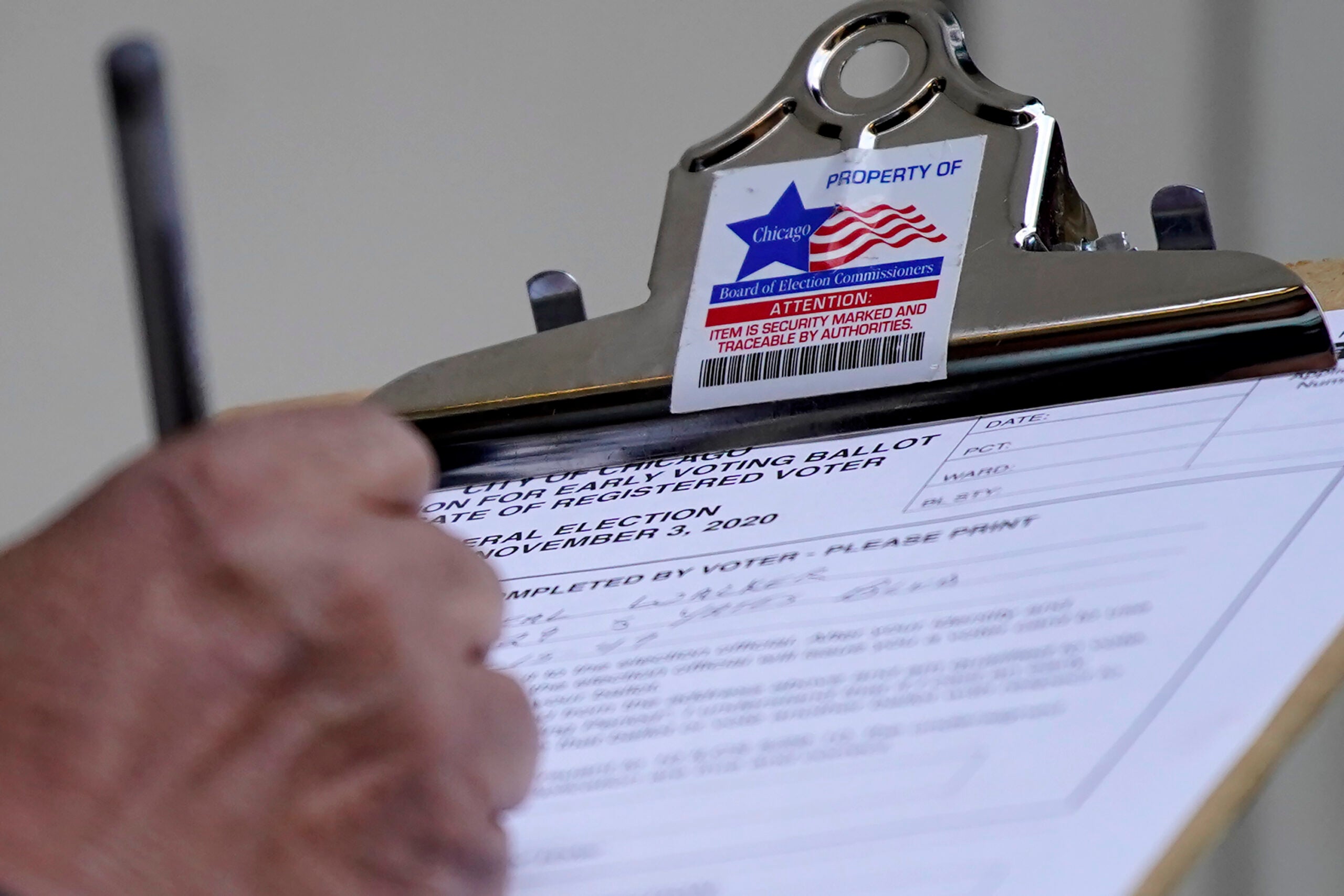The state of Wisconsin has agreed to stop enforcing limits on the total amount of money an individual can contribute to election campaigns.
The agreement settles a lawsuit brought by the Institute for Law and Liberty challenging the state’s rule that bars contributors from donating more than $10,000 in any election cycle.
Institute director Rick Esenberg says it brings Wisconsin law in compliance with a recent U.S. Supreme Court ruling eliminating what are known as aggregate limits. Esenberg says Wisconsin is one of only four states that impose such limits.
Stay informed on the latest news
Sign up for WPR’s email newsletter.
“Prior to this under Wisconsin law, if you were to give, say, $10,000 to Scott Walker, you could not give another penny to any other candidate for state or local office in that year – not even to your neighbor running for school board,” said Esenberg.
The limit for contributing to an individual candidate will remain at $10,000.
Mike McCabe of the Wisconsin Democracy Campaign says removing the aggregate limit will allow wealthy contributors to give that much more to an unlimited number of candidates, and to committees that can funnel money to even more candidates. McCabe calls it “legalized money laundering” for a few hundred wealthy donors.
“These donors are equal to about five one-thousandths of 1 percent of Wisconsin’s population, so a tiny segment of society will now have vastly greater ability to influence elections,” said McCabe. “That means all the rest of us are going to be weakened.”
Editor’s Note: A spokesperson for the Government Accountability Board declined to comment on the agreement until after a federal judge signs an order making the agreement legally binding.
Wisconsin Public Radio, © Copyright 2024, Board of Regents of the University of Wisconsin System and Wisconsin Educational Communications Board.






